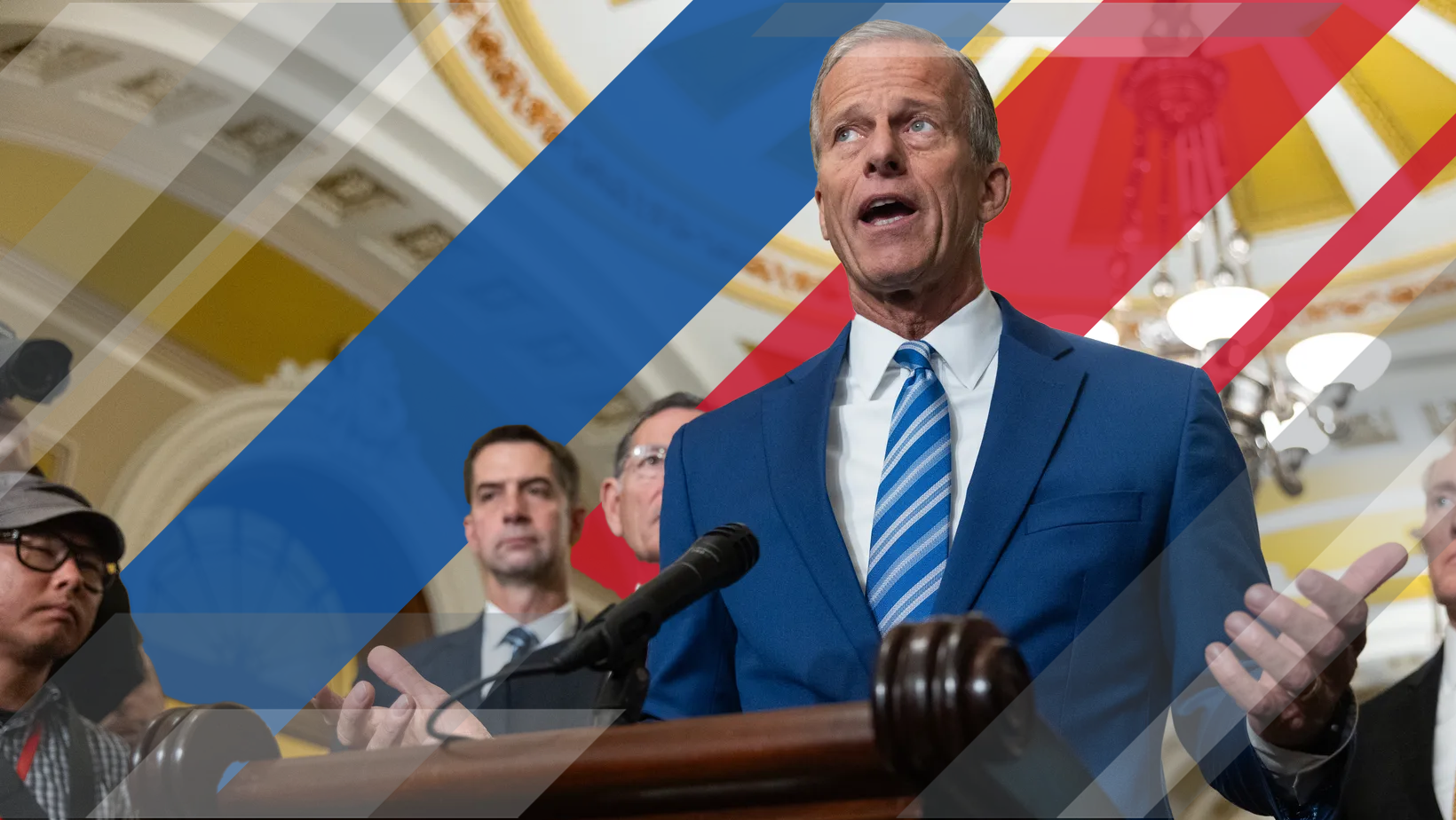Senate Offers ACA Subsidy Vote Amid Government Shutdown Standoff

A Shutdown with Health Insurance at the Heart
After more than two weeks of a government shutdown, the debate in Washington has shifted squarely toward healthcare — and the stakes couldn’t be higher for insurers, brokers, and policyholders alike. Senate Majority Leader John Thune has offered a path forward: a vote on extending Affordable Care Act (ACA) premium subsidies. The proposal, meant to break the stalemate, aims to reassure markets and protect low- and middle-income Americans from sudden premium spikes.
Democrats, however, have drawn a line. They insist that no spending bill can move forward without concrete protections to keep healthcare affordable. For an industry already bracing for year-end uncertainty, this tug-of-war over subsidies has implications that ripple well beyond Capitol Hill.
“We can guarantee a process and a vote, but we cannot guarantee an outcome.”
— Sen. John Thune
What’s at Stake for the Insurance Industry
For insurers, this shutdown isn’t just a political impasse — it’s a business risk. Extended delays could complicate open enrollment timelines, strain administrative operations, and sow confusion among consumers. Meanwhile, carriers are also watching how the conversation around “rescission authority” and appropriations evolves, as both could affect funding flows and regulatory predictability.
If the subsidies lapse, millions of Americans could see premiums rise sharply, potentially destabilizing risk pools and reversing years of progress toward broader coverage.
Key ripple effects if negotiations stall:
-
Higher consumer premiums could drive healthier individuals out of the market.
-
Carriers might face increased claims costs due to a riskier insured population.
-
Administrative burdens could grow as policy adjustments lag.
The Political Equation
Speaker Mike Johnson has echoed Thune’s caution, noting that while bipartisan interest exists in managing healthcare costs, success depends on both sides reopening the government first. Yet, the House remains in recess, deepening the gridlock.
Thune has also criticized the White House’s use of rescission authority — the power to retract previously approved funds — arguing it undermines the traditional budget process. For insurers, this debate highlights an ongoing challenge: navigating federal funding uncertainties while maintaining pricing stability and consumer confidence.
“We should return to the traditional appropriations process to ensure buy-in across parties.”
— Sen. John Thune
A Narrow Window Before Thanksgiving
As the shutdown stretches into its third week, hopes are dimming for a quick resolution. Thune has expressed optimism that lawmakers can reach agreement before the Thanksgiving recess, warning that continued gridlock could harm Americans — and, by extension, the insurance systems that serve them.
The message for the insurance industry is clear: while policy debates unfold in Washington, the focus must remain on communication, stability, and preparedness. Whether subsidies are extended or not, insurers will need to navigate a volatile policy landscape that’s as political as it is financial.
Bottom Line:
The longer the government remains shuttered, the greater the uncertainty across every layer of the healthcare ecosystem. For insurers, the path forward hinges not just on the reopening of government offices — but on whether policymakers can find common ground to keep coverage affordable for millions of Americans.

